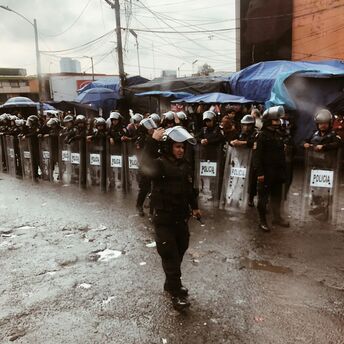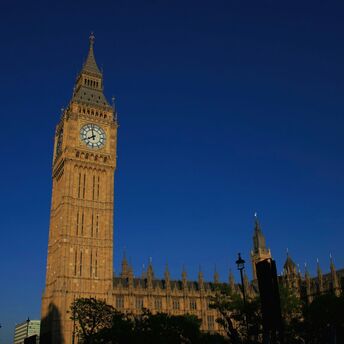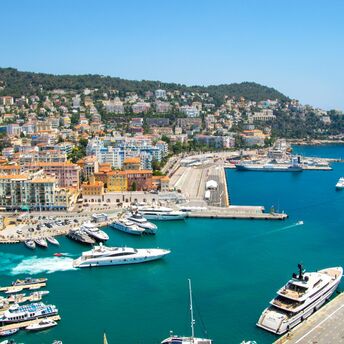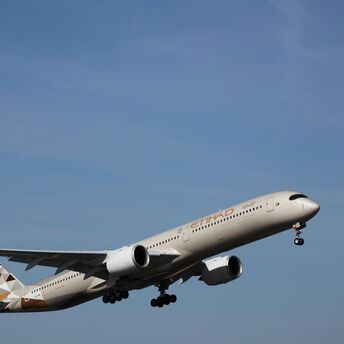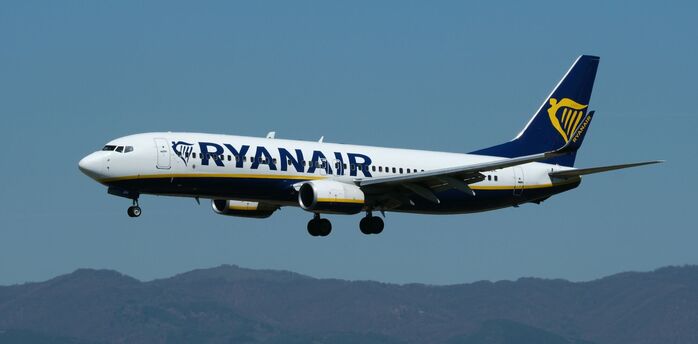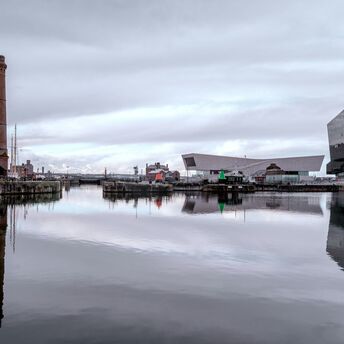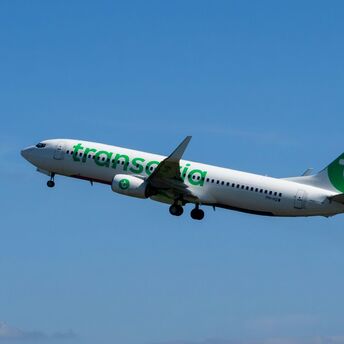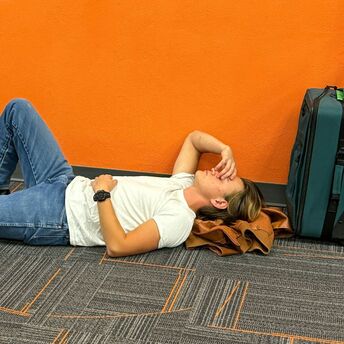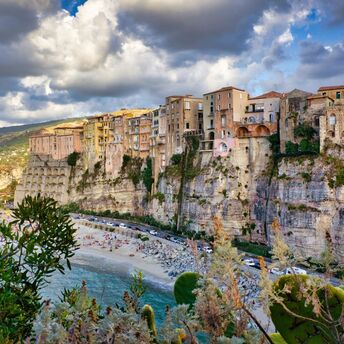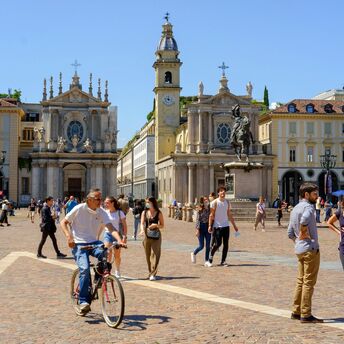Improved Customs Efficiency in Mauritania Promises Smoother Travel

In the beginning of January twenty twenty-five, Mauritania and the European Office for Combating Fraud (OLAF) completed a joint educational program to improve border processes and combat fraudulent activities. The two-phase program began in the eleventh month of twenty twenty-four with online sessions and concluded with a practical workshop in Nouakchott on the seventh and eighth days of January. This effort aimed to strengthen threat assessment and inquiry techniques, equipping Mauritanian customs officials with tools to combat smuggling and streamline cross-border operations. Enhanced collaboration with Belgian Customs further reinforced these efforts.
Participants gained practical experience in creating and utilizing threat frameworks, monitoring goods, and integrating updated procedures into active inquiries. The sessions underscored the significance of dialogue between national and global organizations, with a focus on fostering efficient collaboration. By adopting these measures, Mauritania seeks to align its customs processes with international standards, enhancing its capacity to handle growing passenger and freight traffic efficiently.
For travelers, these advancements are likely to reduce wait times at border checkpoints and create a more seamless transit experience. By improving the accuracy of customs inspections, the risk of delays caused by outdated practices diminishes. Enhanced risk management tools also ensure that legitimate travelers can move through customs with minimal inconvenience, fostering a sense of security and efficiency for both leisure and business visitors.
The improvements are expected to bolster Mauritania’s appeal as a tourist destination. Clearer customs protocols and better cooperation with international partners help reassure visitors of the country’s commitment to providing a welcoming and professional experience. These steps could also stimulate the growth of business travel by simplifying procedures for importing and exporting goods, promoting economic activity and international trade.
Ultimately, this initiative reflects a broader effort to prioritize traveler convenience while maintaining security. For visitors, this means less time spent navigating complex procedures and more time enjoying their destination. Mauritania’s strides toward more efficient customs practices could mark a turning point in its ability to support tourism and international trade, creating a more accessible and attractive environment for global travelers.



